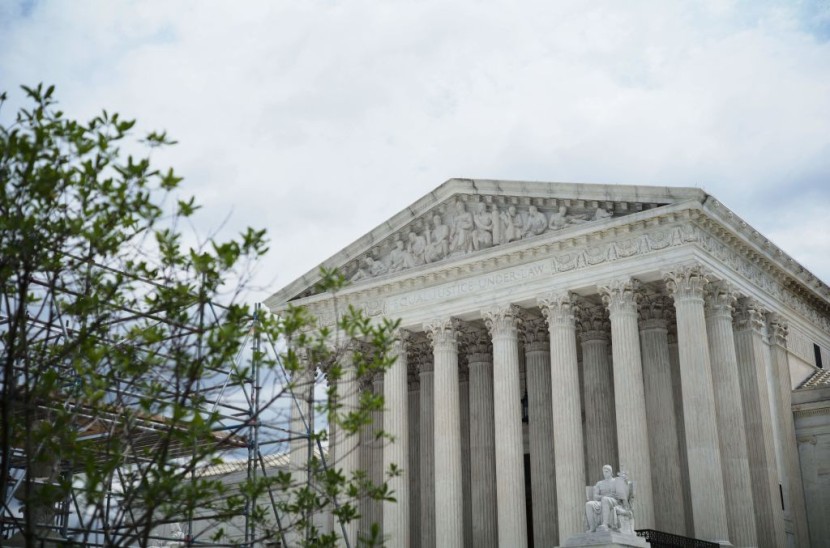
A federal law safeguarding children and bolstering tribal identity was upheld Thursday, June 15, giving a big victory to Native Americans.
Challenges Against ICWA Provisions Denied
The Supreme Court, by a decision of 7-2, rejected many challenges to provisions of the Indian Child Welfare Act (ICWA). This was passed in 1978 to protect Native American children and maintain them within their respective tribes. ICWA also mandated that state courts inform tribes when American Indian children are taken from their homes outside of reservations, as reported by NPR.
One of the rules that were questioned gave an advantage to Native Americans who wanted to foster or adopt Native American children.
According to NBC News, Justice Amy Coney Barrett wrote the majority opinion in which the court found that the challengers lacked standing to question whether the preferential provisions violated the equal protection clause of the 14th Amendment.
Barrett said that while the challengers had sued the federal government, state courts really enforced the preference clauses and state agencies that had placed the children. Since the federal government could not help, she argued that their claims should be dropped.
However, the majority did rule that Congress does have the power to act on the matter of Native American family law, and so the challenges were thrown out.
Barrett said that the challengers were looking for a "constitutional carveout" to the idea that Congress cannot make legislation on family law. However, this idea has been disproven ever since the United States was founded.
"Family law is no exception," Barrett said.
Tribes will sigh relief after the verdict, as they feared the court would weaken or strike down legislation vital to preserving tribal identity.
The leaders of the four tribes involved in the case-the Cherokee Nation, the Morongo Band of Mission Indians, the Oneida Nation, and the Quinault Indian Nation issued a joint statement praising the Supreme Court's decision. They stated, "By ruling on the side of children's health and safety, the U.S. constitution, and centuries of precedent, the justices have landed on the right side of history." Navajo Nation, another Native American group, also supported the bill.
The tribe chiefs said, "With these latest political attacks on ICWA now behind us, we hope we can move forward on focusing on what is best for our children."
Efforts to Weaken Minority Protection Laws
After last week's verdict to uphold a crucial provision of the Voting Rights Act, this is the second time this month that the court has rejected conservative attempts to rein down legislation aimed at safeguarding minority groups. The Supreme Court has yet to issue a ruling in another major race-related case that may potentially put a stop to using race as a factor in university admissions.
The two most conservative justices on the court, Clarence Thomas and Samuel Alito, both wrote dissenting opinions.
Alito noted that despite Barrett's claim that the statute was about children in need, the finding "disserves the rights and interests of these children and their parents, as well as our Constitution's division of federal and state authority."
The statute was passed after years of state and federal officials taking a disproportionate number of Native American children away from their homes.
© 2025 HNGN, All rights reserved. Do not reproduce without permission.








